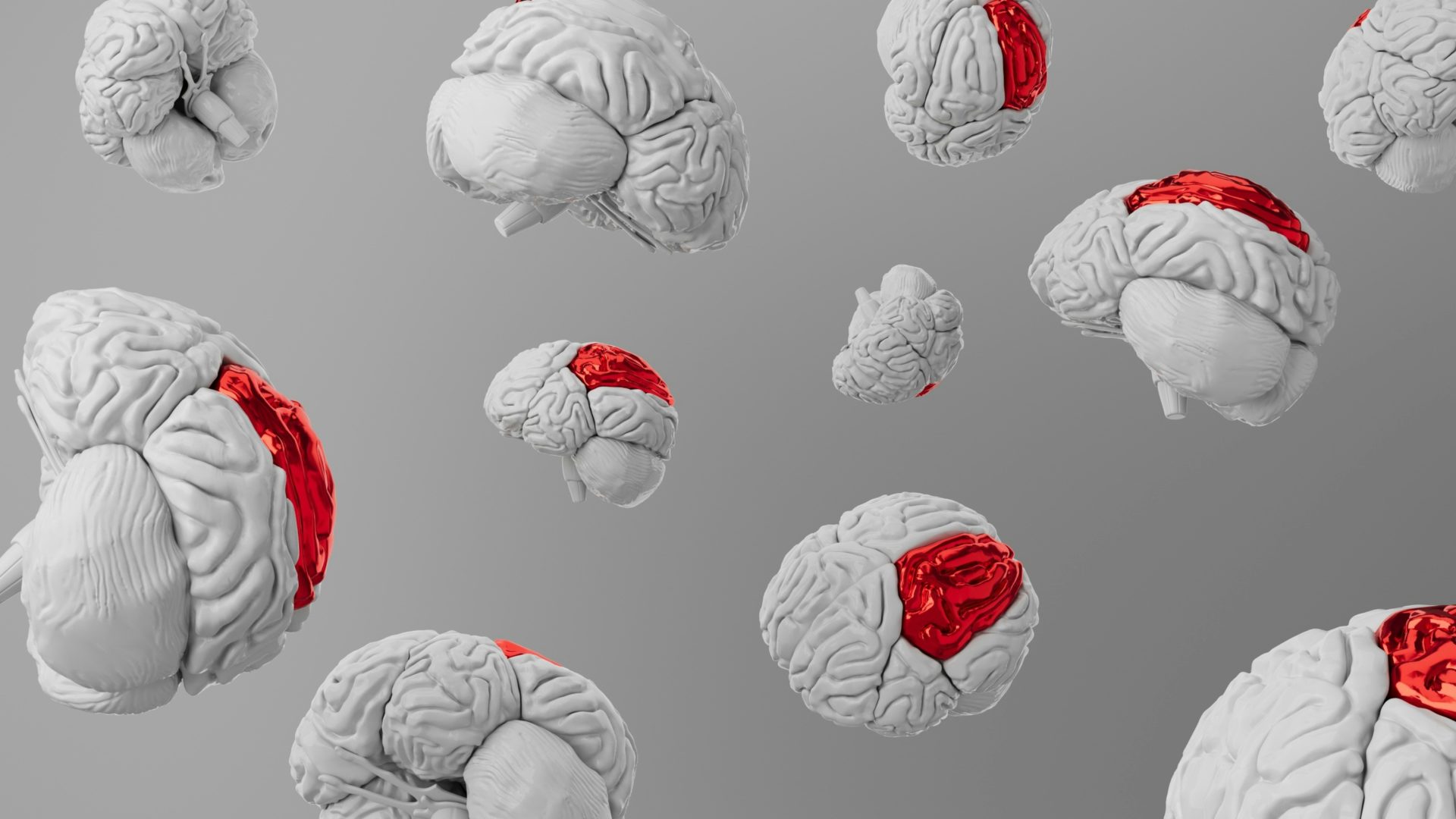
For a long time, depression was perceived as a purely psychological disorder. However, recent research reveals a much more complex reality. A study conducted by researchers at King’s College London, published by the British Psychological Society, highlights an unexpected link between depression and the immune system. And this link could well change the way we diagnose and treat this illness.
An outdated view of inflammation in depression
Until now, scientists have associated depression with mild inflammation, often measured by a biomarker called C-reactive protein (CRP). High levels of CRP in the blood were considered a sign of inflammation and therefore potentially linked to depressive symptoms. However, this approach now seems too simplistic.
The King’s College London study analysed the expression of 16 genes linked to immunity in patients with major depressive disorder (MDD). The result: 9 of these genes were expressed differently, even in patients with normal CRP levels. This means that immune changes can occur even in the absence of inflammation detectable by conventional methods.
A broader immune signature
What this study reveals is that depression may be associated with a more complex immune signature than previously thought. The researchers observed increased activation of pro-inflammatory genes and genes linked to glucocorticoids, stress hormones, in people with depression. This suggests that the immune system is involved in depression in a more subtle and widespread way.
In other words, even if conventional markers such as CRP are not elevated, this does not mean that the immune system is at rest. There may be deeper imbalances, invisible to standard tests, but very real in their impact on the brain and mood.
Towards more personalised medicine
These findings pave the way for a more personalised approach to treating depression. Rather than relying solely on psychological symptoms or traditional inflammatory markers, doctors may soon be able to use genetic immune profiles to refine their diagnoses.
This could also explain why some patients do not respond to traditional antidepressants. If their depression is linked to immune dysregulation, then treatments targeting the immune system – such as anti-inflammatories or immune modulators – may prove more effective.
Better understanding for better care
This study highlights the importance of viewing depression as a systemic disease that is not limited to the brain. It highlights the interconnection between the mind and body, and the importance of not overlooking biological factors in mental disorders.
At the same time, these findings could also help to reduce the stigma surrounding depression. By showing that it is a disorder with complex biological roots, we are moving away from the misconception that ‘thinking positively’ is enough to get better.
Conclusion: a turning point in depression research
Depression research is entering a new era. Thanks to studies such as the one conducted by King’s College London, we now have a better understanding of the biological mechanisms underlying this disease. This opens the door to more targeted, effective and tailored treatments for each patient.
There is still much to discover, but one thing is certain: depression is not just a matter of mood. It is a complex imbalance, in which the immune system plays a much more important role than we imagined.
Immune changes in depression may be broader than we thought | BPS